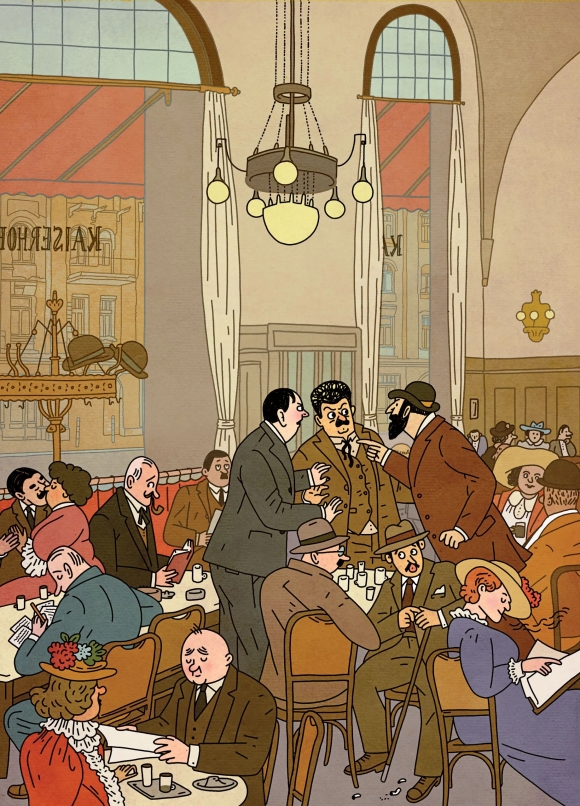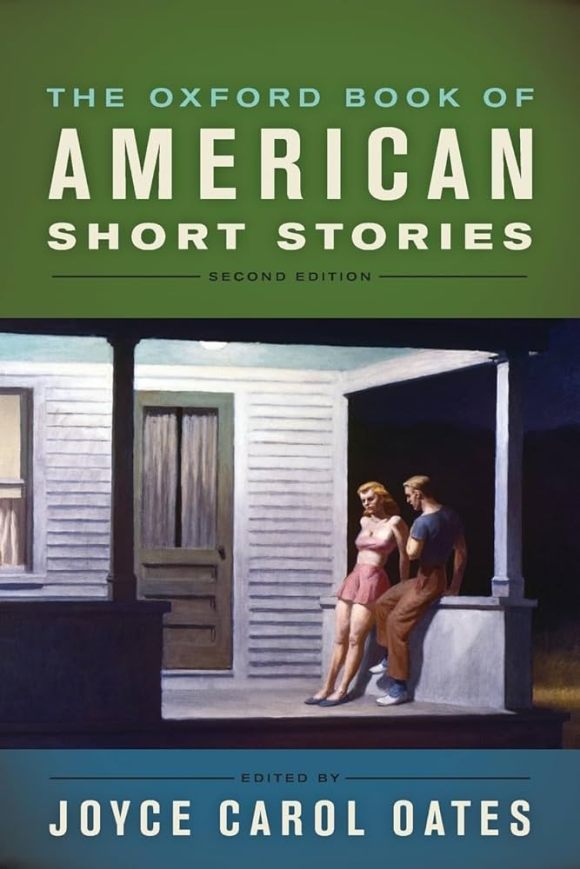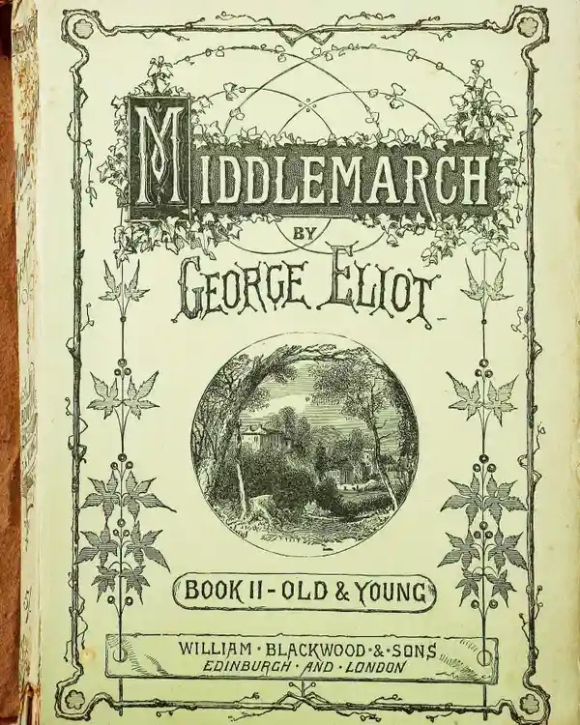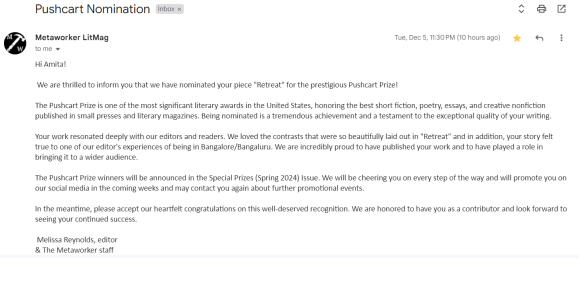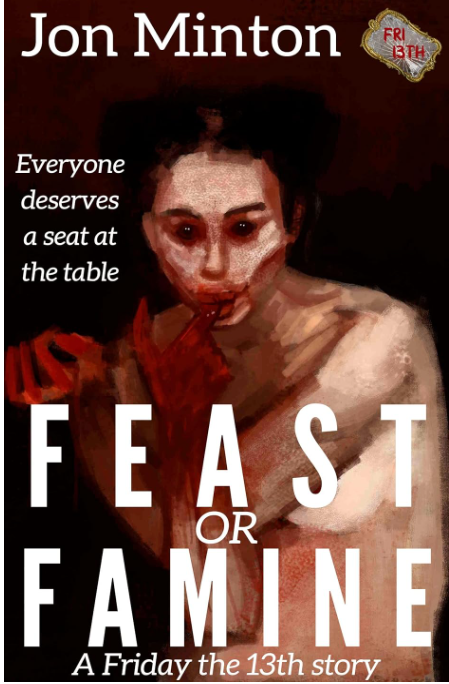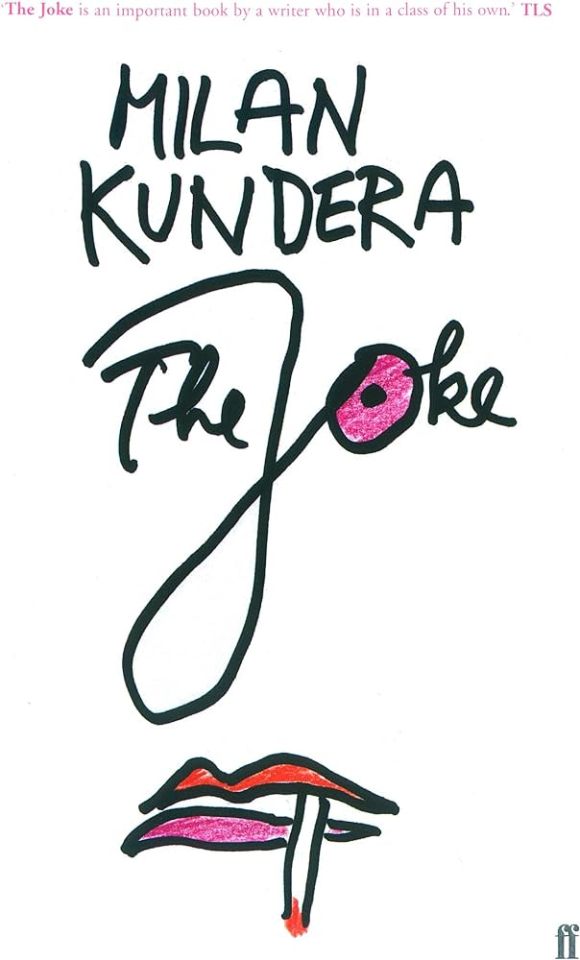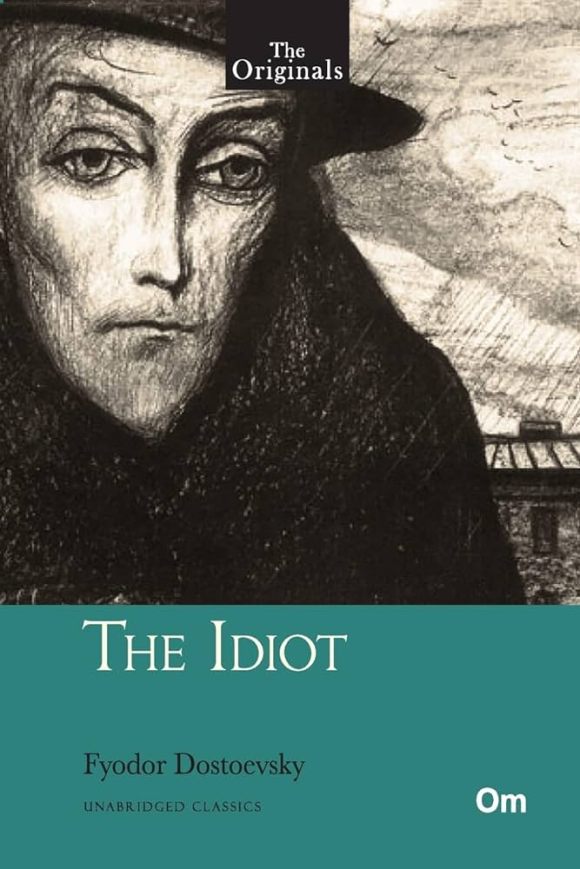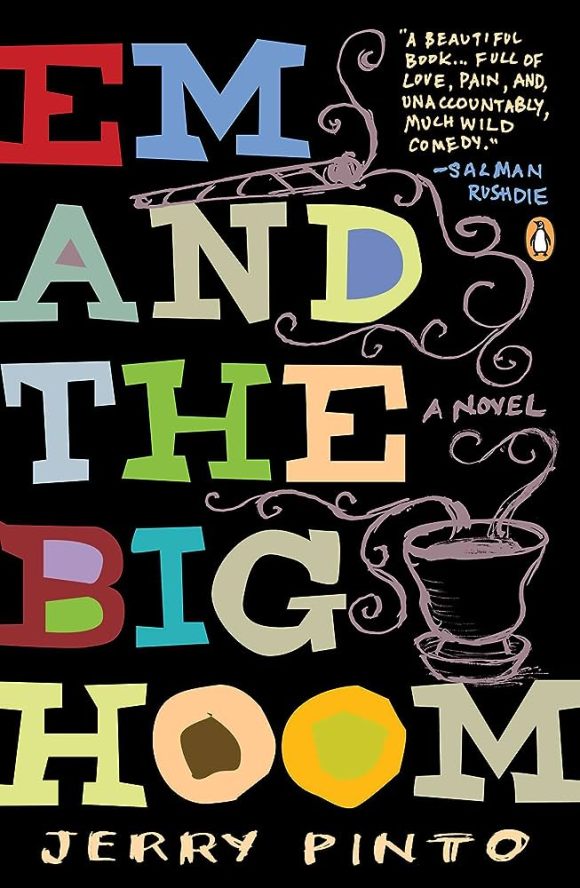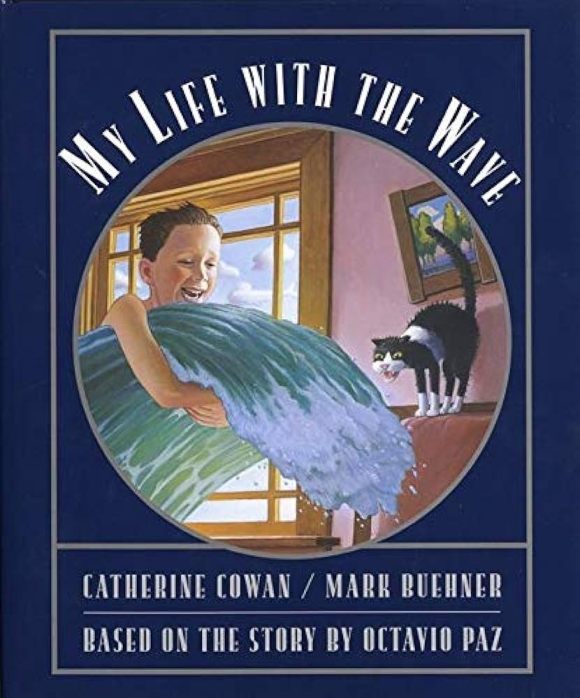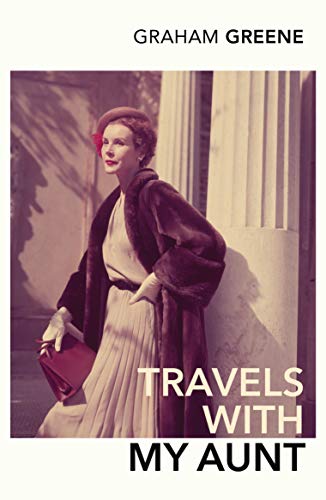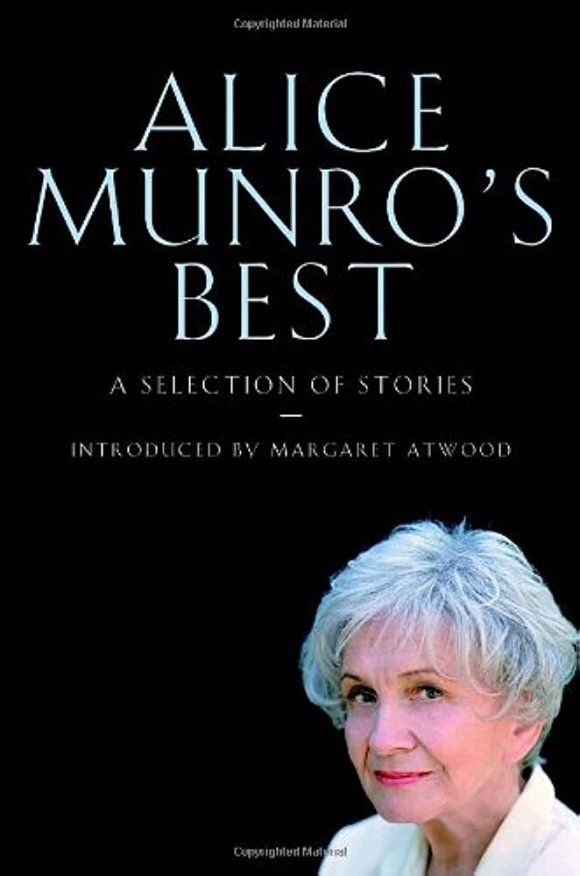This short essay on craft was originally published in The Writer Shed’s Medium edition.
The best writing advice I’ve received was scattered over twelve years: from three people, none of them a writer.
#
I was 20, and struggling to make my writing work. I thought I just had to produce more. More words. More stories.
A friend and I were moon-gazing. She told me that meditating helped clear her mind of words. Naively I asked, “Why would you want to do that?”
She told me how, when confronting an experience – cloud-shreds clawing the full moon, watching your best friend dying – if you let words come prematurely, words usurp the experience. Words distort your experience to fit themselves. Like storm-clouds obscuring the moon, words obscure from you the experience itself: which is pre-linguistic.
I shrugged. “I don’t mind. I just need some words, about some experience. Something that looks like a story.”
So I hurtled, from word to word. Until, years later, I was ready to heed the first piece of the lesson: Pause. Absorb experience. Words premature, salad-tossed together, are ‘full of sound and fury, signifying nothing.’
#
At 26, I was in love. I didn’t want to be. I’d seen what love did to my peers – obsessive love, the only kind available in our shared situation of an endless PhD, with a frustrating lack of structure, in a dead-dull town. Reluctant to admit my love, I flooded my beloved with emails and text-messages. To avoid saying three words, I buried him under thousands.
He sensed my circumlocution. He saw that I had something to say, and was avoiding saying it. He told me about a Jewish wedding ritual:
“The bride and groom sit facing one another. Either one can speak, but only when s/he feels compelled to. Sometimes hours pass in silence… In my own life – whether it’s writing a paper, or emailing you – I do nothing until I feel compelled to.”
The second piece of the lesson: Let your feelings mature inside before uttering any words. Let a story mature inside before writing any words.
#
At 32, I met a younger student. He puzzled me. He was a high achiever, but laidback. He set no deadlines; he deferred, for an evening’s impromptu fun, a complex programming task he’d been absorbed in; he seemed to enjoy anxiety-free the process and outcomes of work.
In the open-mindedness of a marijuana high, I finally felt ready for advice. I confided my problem: I loved writing, but my compulsion – to write more, write better, finish things both quickly and perfectly – made writing often the last thing I wanted to do.
“You have talent,” he said. “Just relax. Trust yourself: to do what you need to do, when you need to do it. Don’t push yourself. When you’re tired, just take a nap. When you’re restless, just take a walk… When you wake up tomorrow, when you come back next week – you’ll be ready.”
#
Words of advice are bottles of wine in the cellar of your soul. But it’s you who must mature before you’re ready to uncork a bottle, savour a sip, and be better for it.
The best writing advice I’ve received was: Take your time.
Take your time to absorb an experience. Let this moment exist for you. Don’t rush to manufacture it into a product for other people.
Take your time to hear yourself. Often, what you really want to say can be said in a few words. All those other words are you deferring, with the hollow comfort of word-floods, the moment of meaning.
Take your time to write. Attend to your needs, animal and human. When you’re ready, you’ll find yourself writing.
END
PORTFOLIO of published and upcoming works

